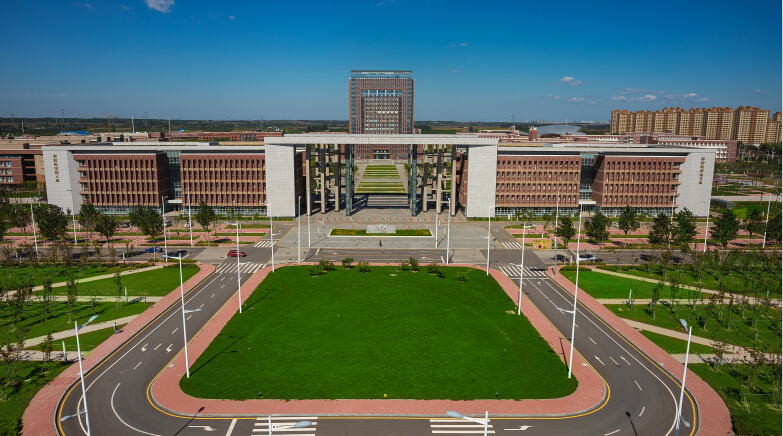Introduction
Pursuing a Medical Degree is a dream cherished by many, and China has emerged as a favored destination for international students seeking quality education in the field of medicine. With its state-of-the-art infrastructure and internationally recognized universities, China offers an attractive option for students aspiring to pursue an MBBS degree. However, understanding the fee structure for MBBS in China is crucial for making an informed decision about your education. In this article, we will delve into the various aspects of the fee structure, scholarships, and additional costs associated with studying MBBS in China.
Tuition Fees: Unraveling the Basics
The tuition fees for MBBS programs in China can vary widely based on the university, its reputation, and the location. On average, the tuition fees for international students can range from $3,000 to $8,000 per year. It’s essential to note that renowned and prestigious universities might have higher tuition fees compared to less-known institutions. Additionally, universities in metropolitan areas such as Beijing or Shanghai might have slightly higher fees due to the cost of living in these cities.
Scholarship Opportunities
China offers various scholarship opportunities for international students pursuing an MBBS degree. These scholarships can significantly alleviate the financial burden. The Chinese Government Scholarship, often awarded by the China Scholarship Council (CSC), is one of the most sought-after options. It covers tuition fees, accommodation expenses, and provides a stipend. Similarly, many universities offer their scholarships based on academic excellence or other criteria. Researching and applying for these scholarships can greatly reduce the overall cost of studying in China.
Tuition Fees: An Investment in Education
Fee Structure of MBBS in China On average, the tuition fees for international students range from $3,000 to $8,000 per year. Renowned universities might have slightly higher fees due to their reputation and advanced infrastructure, while universities in smaller cities may offer more affordable options
Incidental Expenses: Looking Beyond Tuition
While tuition fees constitute a significant portion of the expenses, there are other costs that students must consider. Accommodation costs vary depending on whether you opt for university dormitories or private rentals. On-campus accommodations are usually more affordable and convenient. Additionally, expenses related to food, transportation, study materials, health insurance, and personal expenses should be factored into your budget. It’s advisable to have a comprehensive financial plan that includes all these aspects to avoid any financial surprises during your stay in China.
Clinical Rotation and Internship Expenses
An integral part of an MBBS program is the clinical rotation and internship phase, during which students gain practical experience in hospitals. While some universities include these costs in their overall fee structure, others might charge an additional fee for this phase. It’s crucial to clarify whether these expenses are covered or not when selecting a university. Keep in mind that clinical rotations and internships provide invaluable hands-on experience, which is essential for your medical education.
Transparency in Fee Breakdown: The Importance
When considering universities for your MBBS in China, it’s advisable to inquire about the fee breakdown. This transparency helps you understand how the total cost is distributed among tuition, accommodation, and other expenses. Some universities might provide a detailed breakdown on their official websites, while others might require you to reach out to their admissions office. By having a clear understanding of the fee structure, you can make well-informed comparisons between different universities.
Navigating Additional Costs
Beyond the core expenses, there are some additional costs that might arise during your academic journey. One such expense is language proficiency tests. Some universities might require you to take a Chinese language proficiency test, while others might offer preparatory language courses at an extra cost. It’s advisable to understand these potential costs beforehand and factor them into your budget.
Financial Planning and Budgeting
Studying abroad is a significant investment, and careful financial planning is essential. Before embarking on your MBBS journey in China, create a detailed budget that encompasses all possible expenses. Research the cost of living in your chosen city, explore scholarship opportunities, and consider part-time job prospects (if allowed by your student visa). Having a well-structured financial plan will not only ease your financial concerns but also allow you to focus more on your studies.
Conclusion
Pursuing an MBBS degree in China can be a life-changing experience for international students. While the fee structure might initially seem complex, a comprehensive understanding of tuition fees, scholarships, additional costs, and proper financial planning will help you make a well-informed decision. Remember, investing in your education is an investment in your future, and with the right approach, you can make your dream of studying medicine in China a reality.

